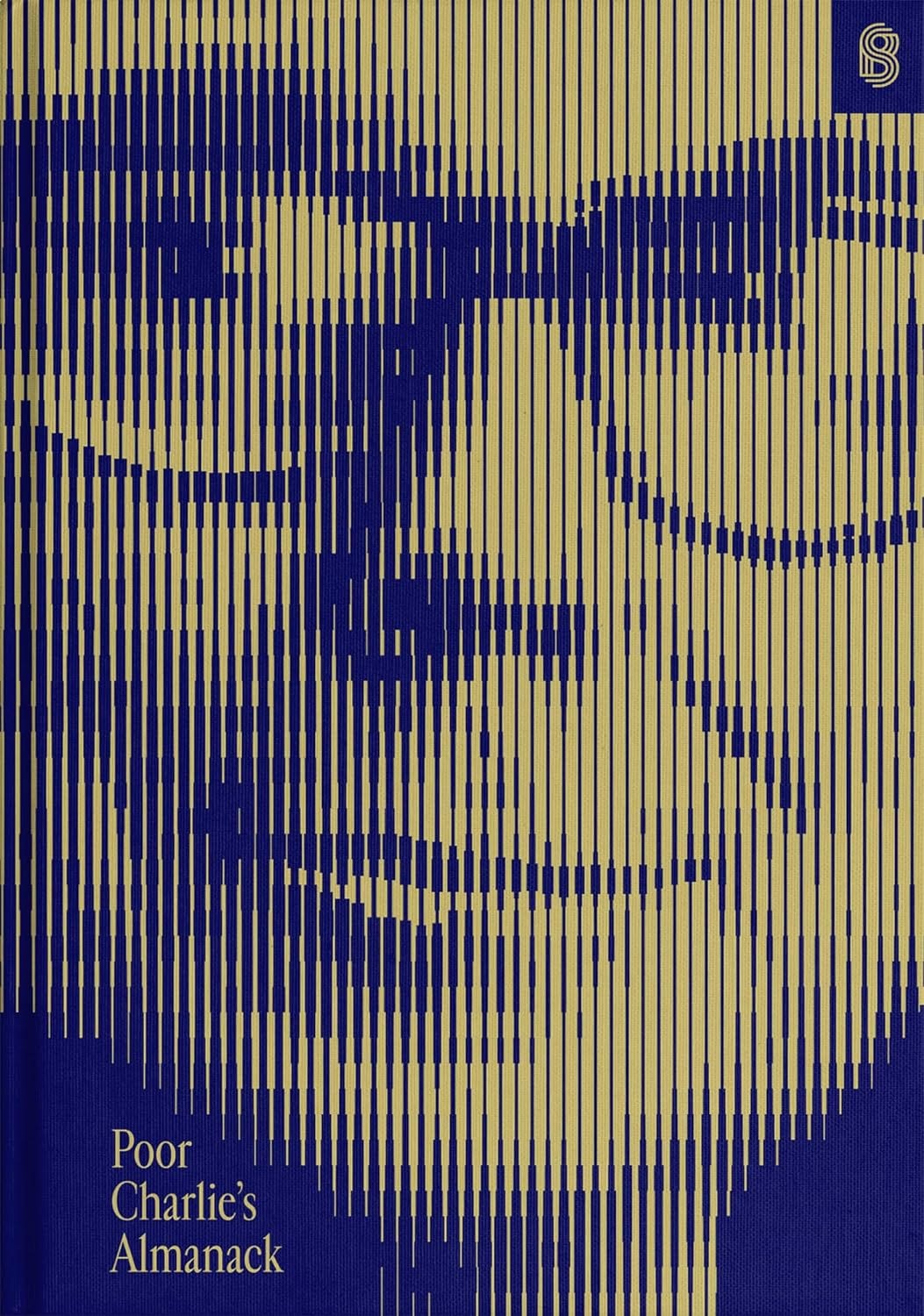Iron Prescription
The Antidote to Foolish Thinking #Mungerism
Everyone wants to be successful, to make smart decisions, and to navigate life's complexities with grace. Yet time and time again, we fall into the same mental traps, making the same avoidable mistakes. The great Charlie Munger has a blunt diagnosis for this: most of us are surprisingly bad at thinking clearly.
But Munger, an ardent advocate of multidisciplinary learning and ruthlessly logical thought, isn't one to merely bemoan the problem. He offers a solution—his famous "Iron Prescription."
It's a mental framework designed to help you cut through self-deception, biases, and the alluring comfort of simplistic ideologies.
Atomic Ideas from the book “Poor Charlie’s Almanac“
The Disease of Ideology
“Heavy ideology is one of the most extreme distorters of human cognition … If you get a lot of heavy ideology young—and then you start expressing it—you are really locking your brain into a very unfortunate pattern. And you are going to distort your general cognition.”
Munger believed that one of our biggest mental weaknesses is our susceptibility to ideology. Ideologies, whether political, religious, or economic, provide a seductive sense of certainty. They give us a ready-made worldview that saves us the trouble of critical thinking.
The problem is, Munger argues, the world is far too complex to fit neatly into any single ideology.
When we become overly attached to a belief system, we start filtering reality to match our preconceived notions. Evidence that contradicts our ideology is ignored or dismissed, while anything that confirms it is given undue weight. This is what Munger calls "man with a hammer syndrome" – to a person with a hammer, everything looks like a nail.
The Iron Prescription: Think Like Your Enemy
So, what's the cure? Munger's Iron Prescription is deceptively simple:
"I'm not entitled to have an opinion on this subject unless I can state the arguments against my position better than the people do who are supporting it."
In other words, before you allow yourself to become convinced of anything, you must steel yourself to play devil's advocate. Your job is to articulate the strongest possible case *against *your own cherished position. Only when you can do this honestly are you even remotely qualified to hold an informed opinion.
This might feel strange and uncomfortable at first. We're naturally inclined to seek out information that supports our beliefs and avoid things that challenge them. But Munger believes this mental discomfort is crucial for growth.
Invert, Always Invert
Another core aspect of the Iron Prescription is inversion. Instead of asking "How do I achieve success?", Munger suggests flipping the question: "What are the most common ways people and businesses fail?" By focusing on the paths to failure, you can identify and avoid the pitfalls that derail others.
Munger emphasizes the importance of prudence. This doesn't mean being timid or overly risk-averse. It simply means carefully considering the potential downsides and uncertainties of any decision before you commit. By building a margin of safety into your thinking, you protect yourself from unforeseen events.
Lollapalooza: When Biases Conspire
The Iron Prescription is not just about individual thinking errors. Munger highlights the danger of "lollapalooza effects" – when multiple biases or psychological tendencies converge and amplify each other, leading to truly disastrous decisions.
For example, imagine a CEO who is overconfident (a common bias), surrounded by sycophantic yes-men (social proof), and heavily incentivized by short-term stock performance (incentive-caused bias). This is a recipe for risky, poorly thought-out decisions, as the biases reinforce each other.
The Power of the Iron Prescription in Everyday Life
While Munger's examples often come from the world of business and investing, the Iron Prescription applies to all areas of life:
Relationships: Before getting swept up in the passion of a new love interest, force yourself to consider: "what are the potential red flags I might be missing?"
Politics: Instead of blindly following your preferred party line, ask: "What's the strongest argument from the other side, and how would I respond to it?"
Career Decisions: Before taking a leap, think: "What are the ways this could fail, and how can I mitigate those risks?"
The Iron Prescription won't make you a genius overnight. But it will make you a more discerning thinker, less prone to self-delusion and bad decisions. Embrace the discomfort, play devil's advocate, and watch the quality of your decision-making improve.


